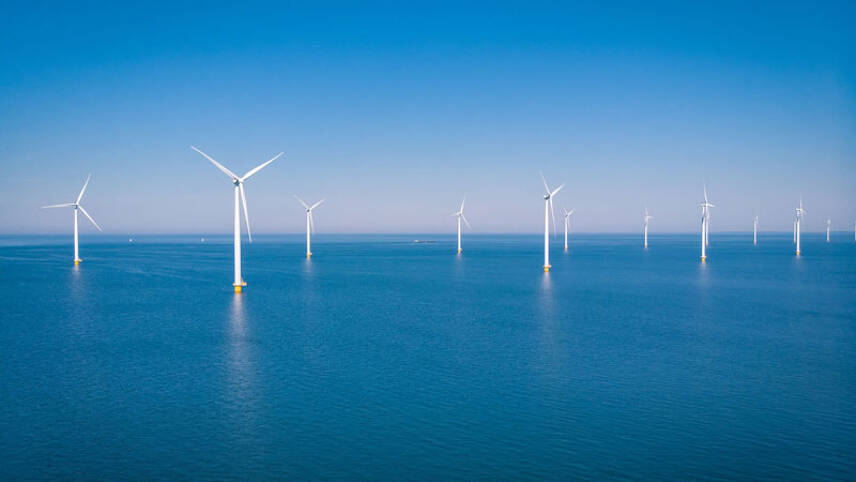Register for free and continue reading
Join our growing army of changemakers and get unlimited access to our premium content

The UK has committed to hosting 50GW of offshore wind capacity by 2030.
Energy Security and Net-Zero Secretary Grant Shapps confirmed the increase this morning (3 August), a significant uptick on the £205m that was on offer in the past round.
The CfD scheme is the Government’s main policy mechanism to support low-carbon electricity generation projects in the UK. It guarantees developers of projects a set price for their electricity; when prices are low, the Government foots the difference.
Shapps said an increased CfD budget for renewables “will help grow our economy by making Britain the first choice for investors in renewable energy projects and secure skilled jobs for future generations”.
EY has consistently ranked the UK in the top five nations in terms of attractiveness to would-be clean energy investors. But it has warned that this position is not guaranteed for the future.
Ministers have been warned repeatedly by renewable industry players in recent weeks that international investors are likely to be tempted away from Britain due to more attractive subsidy packages in markets like the US and EU.
This is compounded by a current windfall tax on renewables in the UK, as well as persistent challenges with grid connection bottlenecks. Ministers are working with the National Infrastructure Committee on planning system reform to address this latter concern.
Another key issue is supply chain disruptions against a backdrop of Covid-19, the energy crisis and Brexit; some projects have seen energy and raw material costs soaring by up to 40%.
Whether the new CfD funding will play a material role in making British renewables a more attractive investment proposition, given this myriad of other challenges, remains to be seen.
The REA’s deputy director Mark Sommerfield said: “The Government has sent a welcome signal that it is still committed to accelerating the deployment of renewable energy. The additional £20m for established technologies and an extra £2m for emerging technologies will help provide confidence to successful projects in this upcoming Contract for Difference allocation round that they will be able to build out, even in the face of the current difficult economic climate. This is a positive step in contributing to the domestic renewable capacity that the UK desperately needs.
“While today’s announcement is welcome, the Government needs to provide clear policy direction on overcoming the wider barriers to entering the market. Grid connection delays and the planning process continue to hold back the UK’s renewable capacity and deter essential investment. Ultimately, failure to address these barriers will not only result in the Government missing its net-zero target, but also increased costs for consumers.”
CfD progress to date
The UK has operated a CfD scheme since 2014. To date, it has awarded contracts to more than 150 projects. It is credited with significantly lowering renewables costs in the UK and bringing industries like solar to maturity on a subsidy-free basis.
CfD rounds used to be held every other year but are now held annually.
The most recent CfD round, which took place earlier this year, included onshore wind and solar for the first time since 2015. It also included floating offshore wind and tidal projects for the first time ever.
This round was the UK’s biggest in terms of budget for renewables (£205m) and most successful in terms of allocating contracts. Projects collectively hosting more than 11GW of capacity secured contracts.
Looking to the future, the Government is mulling reforms to the CfD scheme. Consultations are now underway on whether applications should be reviewed not only on their ability to deliver low-cost clean energy generation, but also their provision of wider socio-economic benefits, described by Ministers as “non-price factors”.
Non-price factors could include job creation for local communities, supporting British supply chains and/or restoring nature.


Please login or Register to leave a comment.